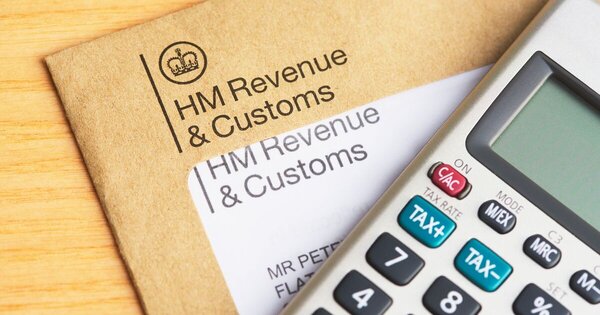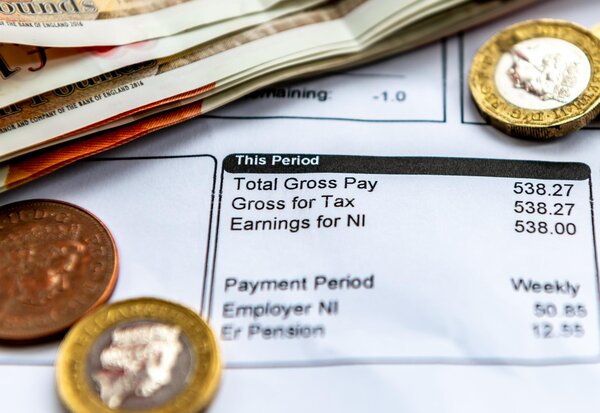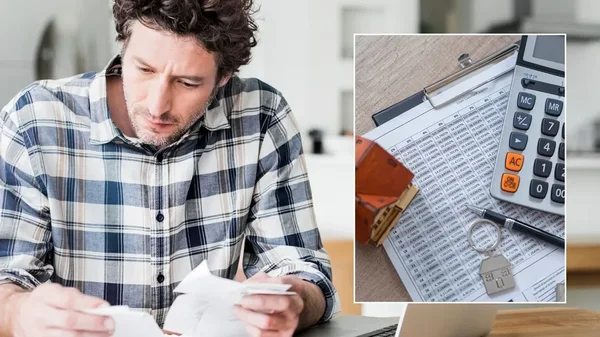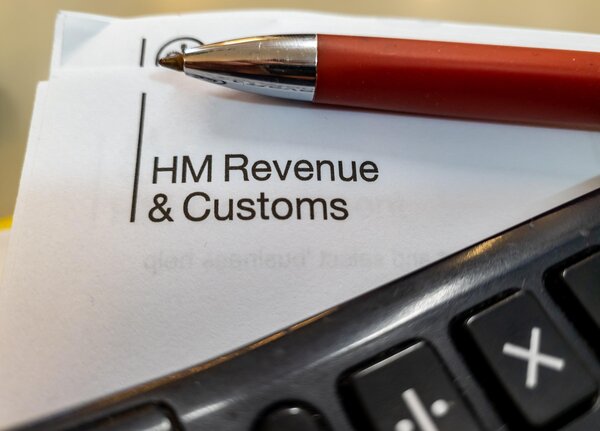Steps to Appeal Your Self-Assessment Penalty

Appealing a self-assessment penalty can seem daunting, but with the right information and approach, it's manageable. Self-assessment penalties are issued by HMRC when there are discrepancies or failures in submitting your tax return. Common reasons include late filing, late payment, or inaccuracies in your tax return.
Understanding the process of appealing a self-assessment penalty is crucial. First, determine if you have a valid reason for the appeal. Valid reasons might include serious illness, family emergencies, or issues with the online HMRC system. Once you have a valid reason, you need to gather supporting documentation and evidence.
Next, submit your appeal through the Pie Tax App or directly on the HMRC website. Clearly state your reasons and attach the necessary documents. The Expert tax assistants available on the Pie app can help guide you through this process, ensuring all details are correctly filled out and submitted.
Valid Reasons for Appeal
Valid reasons for appealing a self-assessment penalty include serious illness, family emergencies, or system errors when filing your tax return. Ensure you provide evidence for these reasons to strengthen your case.


How to Submit an Appeal
Submit your appeal through the Pie Tax App or HMRC website. Clearly state your reasons and attach supporting documents to enhance your chances of success.

In the last tax year, over 1 million penalties were issued for late filings. Among these, 60% were successfully appealed due to valid reasons and proper documentation.Recent Penalty Statistics

50% of penalties are due to late filings, while 30% result from late payments. Ensure timely submissions and payments to avoid these penalties.Detailed Appeal Process


Acceptable Reasons for Appealing an HMRC Penalty
















Acceptable Reasons for Appealing an HMRC Penalty

Detailed Appeal Process
When appealing a self-assessment penalty, start by gathering all relevant information. This includes your tax return details, the penalty notice from HMRC, and any evidence supporting your appeal reason. If you're appealing due to serious illness, a medical certificate can be a key document. For family emergencies, legal documents or letters from involved parties can be beneficial.
Next, fill out the appeal form. The Pie Tax App makes this process straightforward by guiding you through each step and ensuring all necessary information is included. Submit your appeal within 30 days of receiving the penalty notice. The Pie Tax App or the HMRC online portal can be used for this submission. Following submission, HMRC will review your case and may request additional information.
Response from HMRC
After submitting your appeal, HMRC typically responds within 45 days. During this period, ensure you're available to provide any additional information they may request. The Expert tax assistants available on the Pie app can assist with any follow-up actions.
If your appeal is successful, the penalty will be removed or reduced. In cases where the appeal is denied, consider consulting with a tax professional to explore further options. The Pie Tax App provides access to experts who can offer tailored advice based on your specific situation.

Essential Tips for Appealing HMRC Penalties

Gather Strong Evidence Collect comprehensive evidence like medical records or correspondence showing system errors to support your appeal and strengthen your case.

Submit Promptly File your appeal within 30 days of receiving the penalty notice to ensure it is considered by HMRC without unnecessary delays.

Seek Expert Help Use the Expert tax assistants available on the Pie app for guidance through the process, ensuring your appeal is thorough and correctly submitted.

Fun Fact
Did you know that the HMRC online system processes over 10 million self-assessment tax returns annually? This massive influx underscores the importance of timely and accurate submissions to avoid penalties.
Handling Denied Appeals

If your appeal is denied, don't panic. Review the rejection notice carefully to understand HMRC’s reasoning. Often, additional information or documentation can be provided to address their concerns.
Consult with a tax professional to explore your options. The Expert tax assistants available on the Pie app can help you understand the next steps, which might include submitting a second appeal or seeking a tribunal hearing. Persistence and proper documentation are key to a successful resolution.

Ensure timely submission: Filing your tax returns on time can prevent most penalties. The Pie Tax App offers reminders and easy submission options. Maintain accurate records: Keeping detailed and accurate financial records simplifies the appeal process and provides solid evidence for your case.Key Points

Utilize expert help: The Expert tax assistants available on the Pie app can guide you through every step, ensuring you submit a comprehensive and convincing appeal. Stay informed: Regularly check for updates on HMRC policies and deadlines to stay ahead and avoid future penalties. The Pie Tax App provides timely notifications and updates.Final Advice
Summary
Appealing a self-assessment penalty involves understanding valid reasons for appeal, gathering appropriate documentation, and submitting a clear and detailed request to HMRC.
Utilizing tools like the Pie Tax App and seeking assistance from expert tax professionals can significantly enhance your chances of a successful appeal.
Timely submissions and accurate records are fundamental in preventing penalties. In case of denied appeals, further steps can be taken with the help of tax experts.Stay informed and use available resources to manage your tax responsibilities effectively.
Frequently Asked Questions
What qualifies as a reasonable excuse for appealing a self-assessment penalty?
A reasonable excuse includes serious illness, family emergencies, or system errors. Providing adequate documentation and evidence is crucial to support your claim.
How long do I have to appeal a self-assessment penalty?
You have 30 days from the date of the penalty notice to submit your appeal. Ensure all relevant information and supporting documents are included in your appeal.
Can I appeal a self-assessment penalty online?
Yes, you can submit your appeal online through the Pie Tax App or the HMRC website. Online submission is often quicker and more efficient.
What happens if my appeal is denied?
If your appeal is denied, review the rejection notice and provide any additional information requested by HMRC. Consider consulting with a tax professional for further advice.
How can the Pie Tax App help with my self-assessment?
The Pie Tax App provides reminders, easy submission options, and access to expert tax assistants who can guide you through the self-assessment and appeal processes, ensuring you meet all deadlines and requirements.











